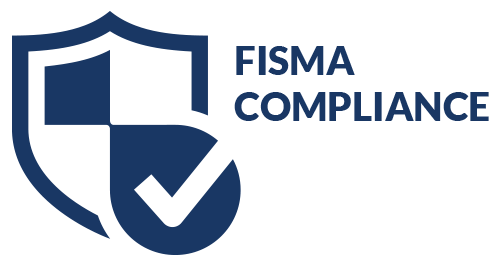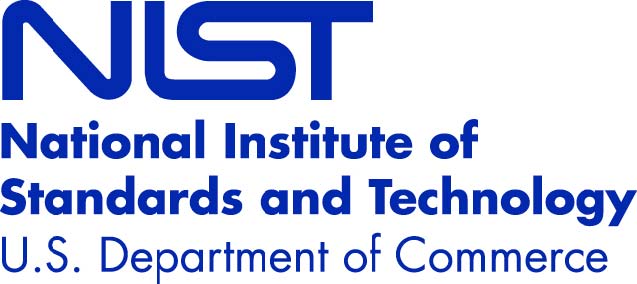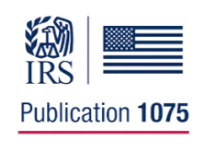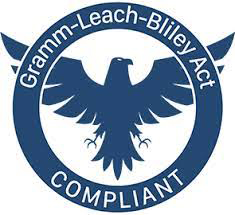Banks are required to keep data safe. What happens when that trust is breached?
Banking has always been about trust. Financial institutions are tasked with managing the assets of their stakeholders; those clients put their trust in the bank to handle their cash or investments. However, it can be a delicate situation when an account is in the red. How can a trusted financial institution pursue a past-due client without damaging their reputation in the marketplace – or breaking compliance rules?
This dilemma happens more often than you might imagine. For example, Quartz Media points out auto loan debt is not only at record highs, but six million Americans are 90-days (or more) past due on their loans. In the auto loan category alone, there are currently $12 trillion in past-due accounts.
This is a big challenge for banking institutions that struggle to walk the line between collecting a debt and providing trusted counsel to their customers. Does this make debt collections outsourcing a good idea? How can a financial institution maintain positive relationships with their clients while pursuing past due receivables?
The Challenge of Debt Collections for Financial Institutions
Financial institutions have unique challenges related to debt collections.
Periodically, banks will make headlines as federal regulators probe their debt collection practices. A Washington Post article explored allegations against JP Morgan Chase for failing to verify customer debt before attempting legal proceedings to collect on it.
But Chase isn’t alone on this list — here are some other examples:
- In 2015, the LA Times reported that the bank paid $50 million to settle the debt-collection lawsuit.
- Inside ARM reported in 2016, Bank of America was sued for improperly attempting to collect on credit card debt.
- In the same year, Citibank agreed to a big settlement for failing to properly collect on past due accounts, according to USA Today.
In the meantime, there is increasing pressure on technology security, as companies like Equifax suffer from a hacking incident that laid bare the private financial and personal information of millions of people.
The challenge for banks is to collect on past-due accounts without breaching trust.
Imagine rebuilding trust after a hacking incident and you’ll begin to understand the importance of keeping data secure not only as the right thing to do – but also as a way to continue to build an image with a target audience.
Artful Debt Collections for Banks and Financial Institutions
Debt collection, when it’s done properly, is able to secure data while following compliance laws, and also maintaining a positive reputation for the client brand in the marketplace. Collecting from clients is very difficult; the bank’s job is to present the image of security, protection, and trust. That trust can be broken forever if the approach to debt collection is wrong.
In some ways, it’s even harder for credit unions, whose nomenclature is about their members and the services they can provide them.
It is helpful for banks and credit unions to bring in a third-party debt collection firm to pursue past due accounts for. Firms like TSI have invested extensively in a technology infrastructure that keeps client data secure. TSI also has teams of debt collection experts that are knowledgeable about the current laws governing the industry and that use a diplomatic approach in their interactions with your clients.
TSI has been serving clients in the financial industry for nearly 50 years. Contact us today to find out how we walk the fine line between debt collections and the trust that banking institutions foster in the marketplace.
Want to learn more about TSI? Fill out the form and a TSI representative will contact you shortly.
